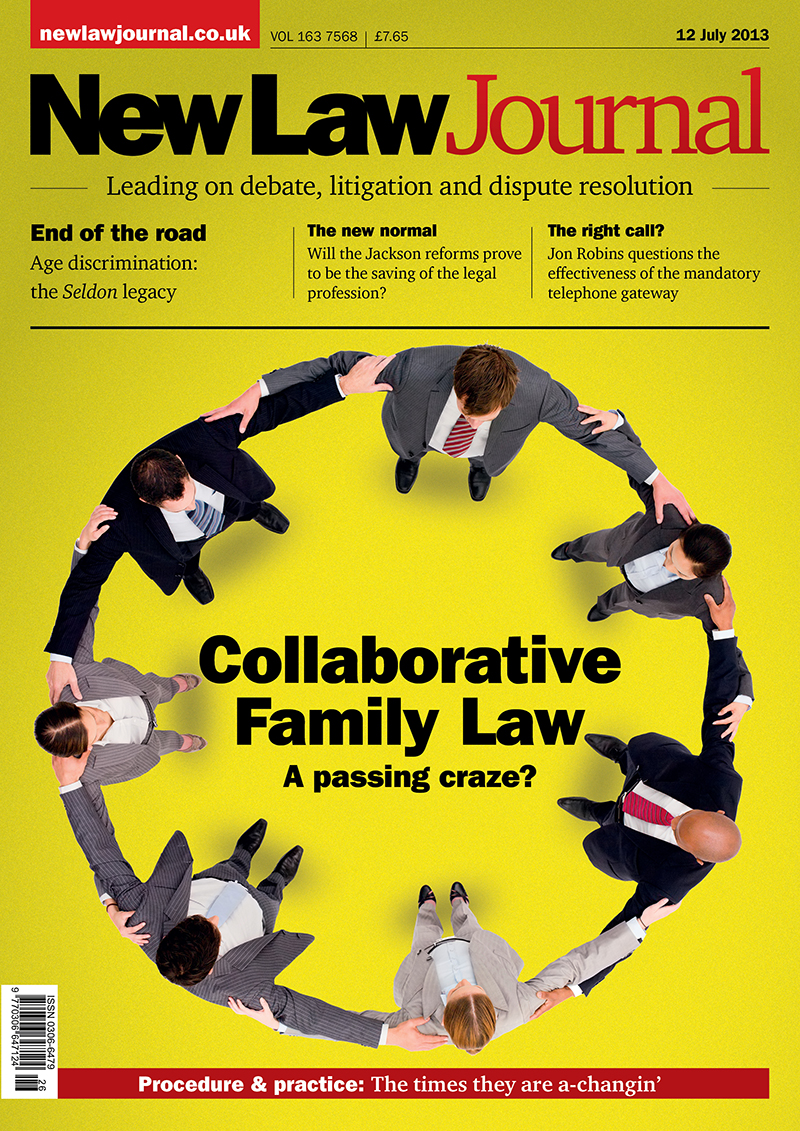
Two new partners for London office
New commercial partner buys Peter Sweeney's stake
New in-house lawyer for Source
New partner for fraud team
New commercial property specialist for York firm
Jon Robins questions the mandatory telephone gateway
Should we introduce compulsory pro bono work for trainee lawyers, asks Matthew Fraser
Seldon has left a lasting legal legacy, says Charles Pigott
Is Collaborative Family Law a real option or just a passing craze, asks Edward Heaton
Deborah Caldwell examines developments surrounding tenants’ break rights & recovery of overpayments
MOVERS & SHAKERS

Jurit LLP—Caroline Williams
Private wealth and tax team welcomes cross-border specialist as consultant
.tmb-mov69x69.jpg?sfvrsn=961ae4db_1)
HFW—Simon Petch
Global shipping practice expands with experienced ship finance partner hire
95ca96e3d47f4eff8d147c4f0df17c77.tmb-mov69x69.png?sfvrsn=3db5d86b_1)
Freeths—Richard Lockhart
Infrastructure specialist joins as partner in Glasgow office






